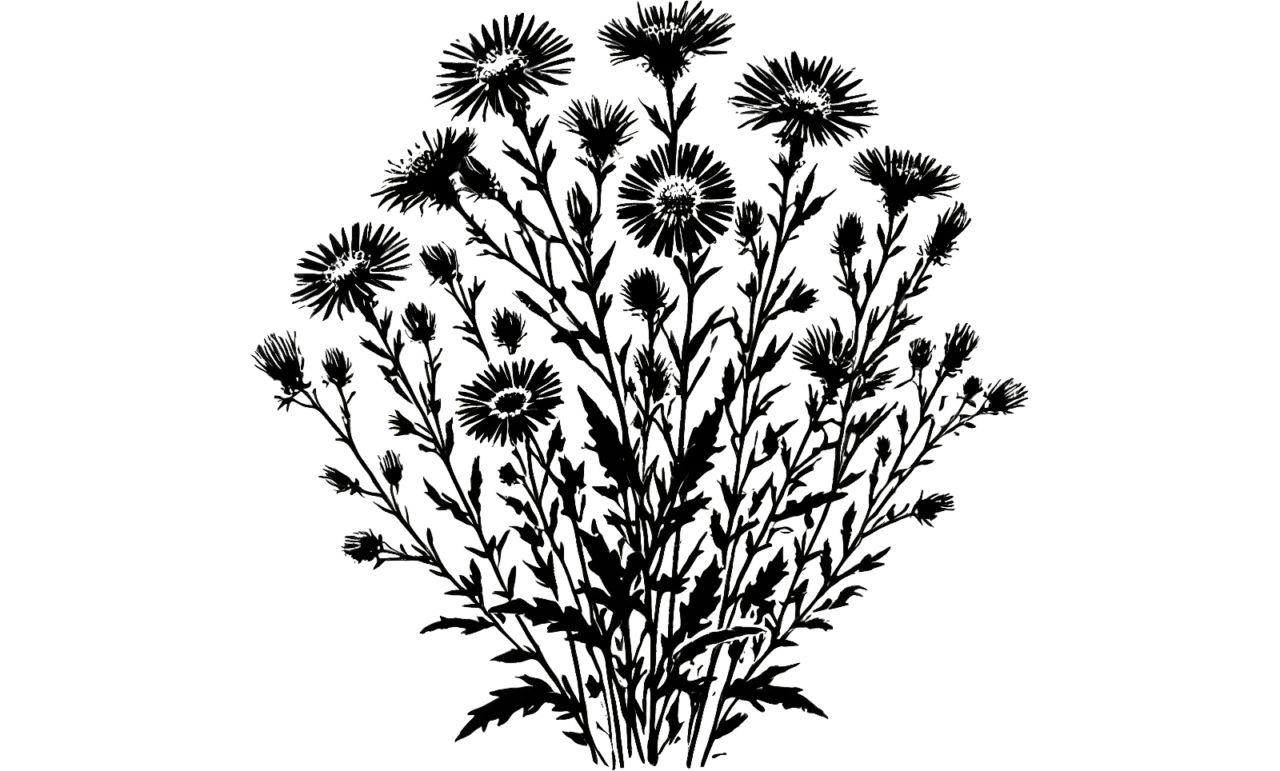This page is for you if:
- You feel different parts of your identity (professional, personal, racial, gender, etc.) are in conflict with one another
- You feel you need to ignore, forget, or drop important parts of your identity in parts of your life (e.g., be someone else at work)
Can you bring your whole self to work?
Human beings are incredibly complex. We all have multiple aspects to our identities that contribute to how we see ourselves and the world around us.
Your identity — for example, being Black, gay, Muslim, non-binary, autistic, deaf, or living with chronic pain — is who you are.
It may not be possible for you to leave these parts of yourself behind when you go to work. There are many parts of your identity that cannot be switched off, including:
- Race and ethnicity
- Sexual orientation
- Gender identity
- Age
- Religion
- Ability
- Neurodiversity
- Health status
It can be stressful to feel that you should or must put these intersecting, multi-faceted aspects of your identity aside when your experience of the world is rooted in them. This may be particularly true during personal, societal, or global crises that bring awareness to particular parts of your identity — for example, increased awareness of the Black Lives Matter movement or the disproportionate impact of the COVID-19 pandemic on Black and racialized communities.
Navigating these experiences in high-stress or unsupportive environments can lead to personal challenges including:
- Difficulty reconciling conflicting roles and responsibilities
- Conflict or confusion within your values, or between your values and the values of others
- Feeling shame or hiding important parts of yourself in certain settings
- Feelings of anger, injustice, or betrayal (towards yourself, an important other, and/or society)
- Feeling powerless or at the mercy of society’s views and assumptions about you
- Compassion fatigue
- Feeling misunderstood, unseen, and/or underappreciated
How do different cultures experience mental health?
Apart from these stressors, there are cultural and social differences to how we all experience mental health.
- Different cultures and communities can experience trauma differently. What might be traumatic for someone from one culture may not be for someone else from a different culture.
- Different cultures and communities can experience mental health symptoms differently. For example, people from some cultures are more likely than others to describe physical symptoms (e.g., stomach aches, feeling heavy or weighted, cardiac-related issues, etc.) when discussing their mental health.
- Different cultures and communities can differ in beliefs, values, and ideas around mental health. In some cultures, seeking mental health help is considered acceptable. In others, it may be discouraged or even considered shameful.
- Different cultures and communities can have different ideas and ideals around healing the mind, body, and spirit. Therapeutic practices can vary greatly across cultures.
For people who grew up in a different culture but now live and work in a predominantly white Western community, it can be difficult to adapt to the fixed perspective through which that community views mental health. In addition, people who grew up within Western culture and work in the same environment may disagree with how societal views have evolved over time.
Activities
Connect
No one else has ever lived through your exact experiences. An important part of honouring your own complex identity can involve connecting with others who share or have shared some of its parts.
Seek out others who have part or parts of your identity in common. Connect over the nuanced ways those parts inform your overall experience of the world.
Identify your hats
Take some time to think about the parts of your identity that are most important to you. Write them out in a list. Next, indicate which, if any, are in conflict with your current place in the world. For each of these conflicts, jot down a few examples of ways that you already are (or could be) engaging with and expressing these parts of yourself.
Writing prompt
What were you taught about mental health growing up? How, if at all, have your views changed over the course of your lifetime?
